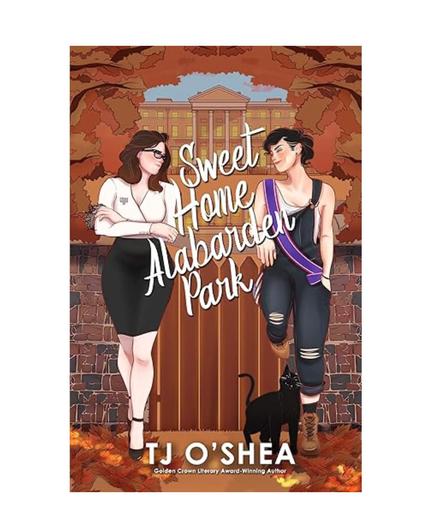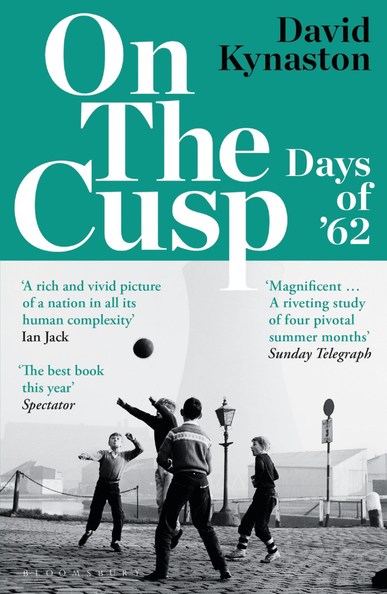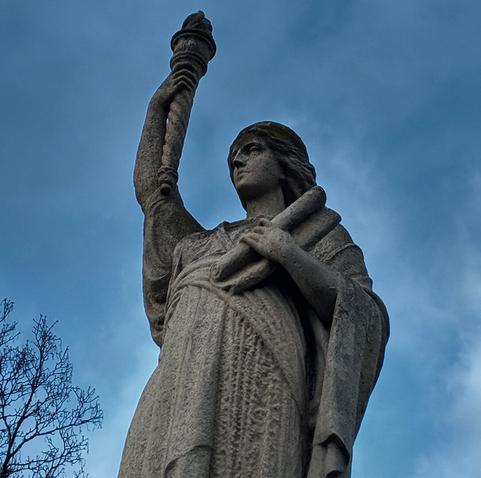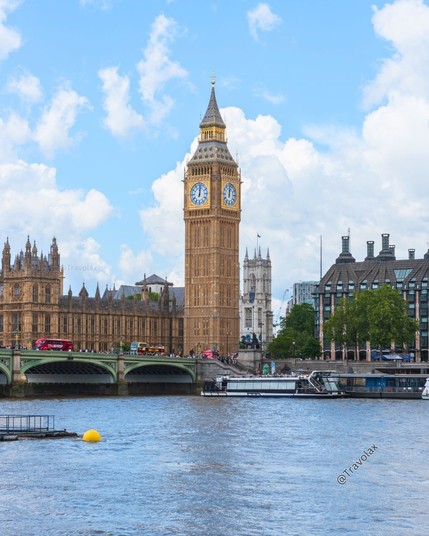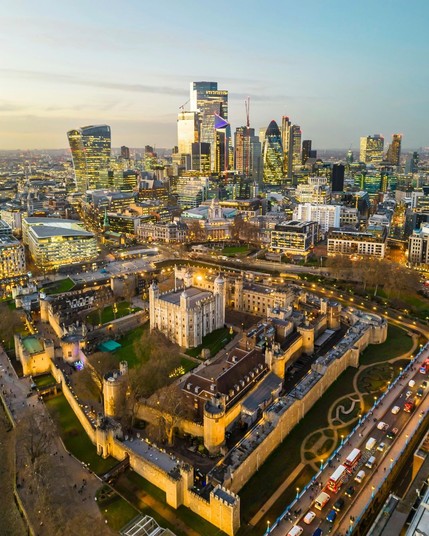On the Cusp: Days of ’62 by David Kynaston
According to the Big 60s Sort Out podcast, the Sixties began in 1960. According to me, a pedant, they began in 1961 because we don’t count from zero (and they ended in 1970). According to Phillip Larkin, they began in 1963, while proponents of “the Long Sixties” argue that they began in 1956 and ended in 1973. My current read, by Christopher Bray, makes the case for 1965 as “the year modern Britain began”, but my previous read, by David Kynaston (him again) zooms in on the summer of 1962.
Here we are. I declare my interest: this is the year I was born, though in December, so after the events of this book. What is this book? It has the feel of a lockdown project. It’s part of Kynaston’s history of modern Britain series, which begins with Austerity Britain and then moves on through Family Britain (1951-57), Modernity Britain (57-62), and A Northern Wind (62-65). So what is this? Both Modernity Britain and A Northern Wind cover 1962, so why publish a book in the middle called On the Cusp?
Well, I suppose there’s a clue in the title. The series as a whole is called ‘Tales of a New Jerusalem’, but in my mind it has the same title as that Moody Blues album Days of Future Passed. On the Cusp implies that we’ve reached a tipping point and that the author has decided to take stock around that tipping point before proceeding. He is, in effect, arguing that 1962 is the year that modern Britain began.
I’m interested in the publication dates, and convinced that lockdown had something to do with this. The previous volume, Modernity Britain, came out in 2015. This appeared in 2022, and A Northern Wind was published in 2024. So, he’s working on A Northern Wind for nearly 10 years, and possibly finds himself wrestling with its length. (I wonder how Mark Lewisohn is getting on with the second volume of he ‘All These Years’ series?) Presumably, the publishers want the book to be around 7-800 pages, so what is he to do with this 200-page section about the summer of 1962? And what would the reader make of a book that promised to take you up to 1965, but spends its first 200 pages leading up to the Beatles first single? Oh, and that first James Bond film, a coincidence John Higgs already wrote about in Love and Let Die.
And then lockdown happens, and the solution must have presented itself. I’ll just do a separate book, which can be published sooner, and give me a bit more time to work on the rest.
Here we are. That’s what this book is: an almost day-by-day account of the events of summer 1962. The cricket season, the last Gentlemen v. Players games, Steptoe and Son on the telly, the BBC hesitating over the pilot episodes of That Was The Week That Was, The Beatles on the radio, playing gigs around the country, the Rolling Stones presenting themselves as a blues band. It’s written in the style of one of those newspaper gossip columns, or the NME’s back-page “Teazers” column, with its anthropomorphised three little dots. Sometimes events get just a sentence, or a clause. And then sometimes Kynaston pauses and spends some time discussing what the politicians were up to, or how people reacted to an event. There’s very little mention of Harold Wilson, which is fascinating – because he is months away from becoming Labour leader when Hugh Gaitskell suddenly dies. A weird parallel to the way Tony Blair succeeded John Smith.
I remember my mum talking about certain cricketers as ‘gentlemen’ or ‘players’ and I remember thinking, what are you on about? And of course the reason I didn’t know was because that whole silly thing died its death a few months before I was born.
The book finishes, in true “Teazers” style, with several lists. There are 10 establishment figures whose day is done; and then 10 “new establishment” figures whose day is to come. And then a long old list, a record-breaking sentence, telling us all about the significant characters who will impact the next few years, and what they are doing on that fateful day when “Love Me Do” hit the shops.
Why did I pick this up when I haven’t read the previous two books yet. I plan to, but then this was only 200 pages, and I picked it up with British Summer Time Begins and 1965. I think I wanted to read about the world I vaguely knew but barely remember, the world of paraffin heaters and black and white telly. Interestingly (for me, I mean) 1965 begins with Winston Churchill’s funeral, which I do remember even though I had only just turned 2 when it took over the television and was on instead of Watch with Mother.
Anyway, it’s good, this. But you should probably, unlike me, read the books in the correct chronological order.
#1960s #1962 #60s #Beatles #BritishCulture #BritishHistory #history #Kynaston #Sixties
